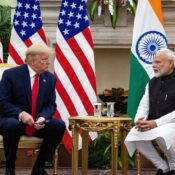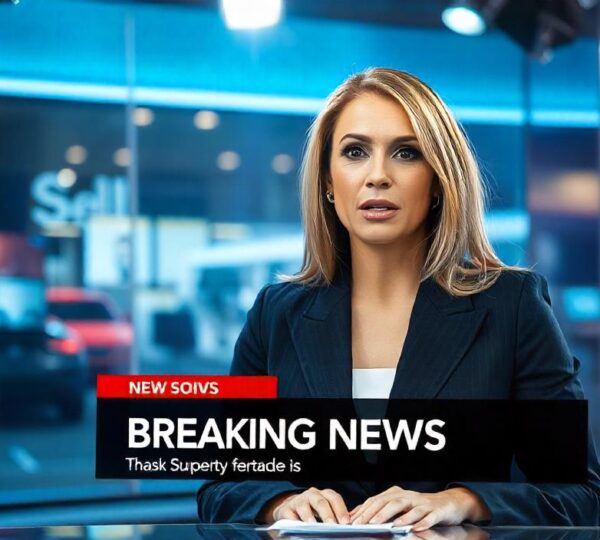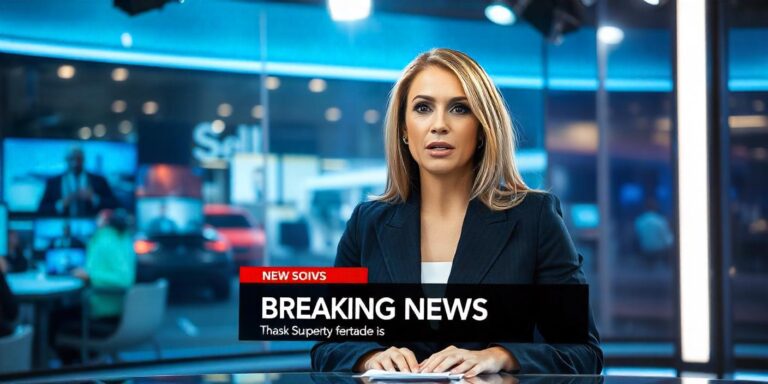Elon Musk, whose net worth recently spiked to $400 billion, in a historic first, had started his professional journey working illegally in the United States decades ago. And now, his Tesla, depends on H-1B workers. In fact, it became a top-25 employer of H-1B workers as per U.S. Citizenship and Immigration Services data.
According to the U.S. Citizenship and Immigration Services, about 580,000 people were on H-1B visas in 2019.
Regardless, President-elect Donald Trump could tighten H-1B visa rules after taking office on January 20th next year.
In 2020, he tried to prune immigrants coming in by issuing an executive order suspending issuance of H-1B visas and the entry of visa holders in the US, citing that this would protect American jobs during the COVID-19 pandemic. Regardless, it was shot down as it was not in the president’s authority to do the same.
The United States caps H-1B visas at 65,000 every year, with an additional 20,000 visas for US advanced degree holders.
“Trump’s stricter immigration stance could lead to changes in visa rules, impacting Indian IT professionals and raising costs for Indian IT companies,” the Global Trade Research Initiative (GTRI) Founder, Ajay Srivastava said.
Trump’s restrictive immigration policies raise concerns for the future of the H-1B visa program and his first term was fraught with policies that denied visa renewals that made it difficult for skilled foreign workers to be hired.
But with Elon Musk in the picture, co-chair of the newly announced Department of Government Efficiency, who had 1,787 H-1B visas approved for Tesla employees this year, we could see a clash of interests.
The “technoking”, as Musk prefers his nickname, had worked illegally on a student visa for a Stanford University graduate program that he did not enrol in to launch his tech career in the US.
David Sacks, another tech executive who will work for the Trump administration might just cause some pushback on the same, as he had said that tech CEOs want more H-1B visas.
In a podcast called “All-In” co-hosted by Sacks, tech investor Jason Calacanis and two other tech entrepreneurs, Calacanis had asked Trump if he would expand H-1B visas for tech workers.
“The more important point, I think, Mr. President, is we need high-skilled workers in this country,” Calacanis said. “Can you please promise us you will give us more ability to import the best and brightest from around the world to America?”
Trump said, “I do promise, but I happen to agree, that’s why I promise. Otherwise, I wouldn’t promise.”
However, walking back on his promise, his campaign stated that only “the most skilled graduates who can make significant contributions to America” would be able to stay, that too after “the most aggressive vetting process”.
But it will be interesting to see how the administration handles this challenge if Musk and Sacks decide to buttress H-1B visas.






